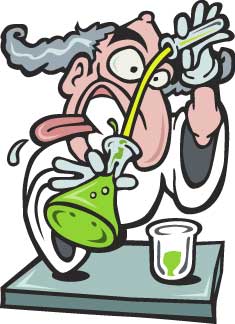Microwaved Water
Microwaved Water - See What It Does To Plants
from
http://www.execonn.com/sf/
Below is a sxience fair project that my granddaughter did for 2006. In it she took filtered water and divided it into two parts. The first part she heated to boiling in a pan on the stove, and the second part she heated to boiling in a microwave. Then after cooling she used the water to water two identical plants to see if there would be any difference in the growth between the normal boiled water and the water boiled in a microwave. She was thinking that the structure or energy of the water may be compromised by microwave. As it turned out, even she was amazed at the difference.
Marshall Dudley






Followup. We have seen a number of comments on this, such as what was the water in the microwave boiled in. The thinking is that maybe some leaching took place if it was in plastic. It was boiled in a plastic cup, so this could be a possibility. Also it was not a double blind experiment, so she knew which was which when watering them. On top of that she was wanting the microwaved ones to do poorly, and although most scientists would dismiss the idea, it is possible that her thoughts toward each plant had an effect as well. Bottom line is, the results are intersting, and duplicate the results that others have reported (try Googling '"microwaved water" plants') more experiments need to be done with better controls and as a double blind study. But this was a simple 6th grade science fair project, and was never intended to be anything more than that.
The plants were genetically identical, they were produced from graphs from the same parent plant, so that variable can be eliminated.
Interesting... I will have to try something like this myself to see what the results are... - Az


1 Comments:
Uhm. Look up the definition of double-blind study. In the case of studies on plants, you'll find the subjects almost never know which group they're in.
Post a Comment
<< Home